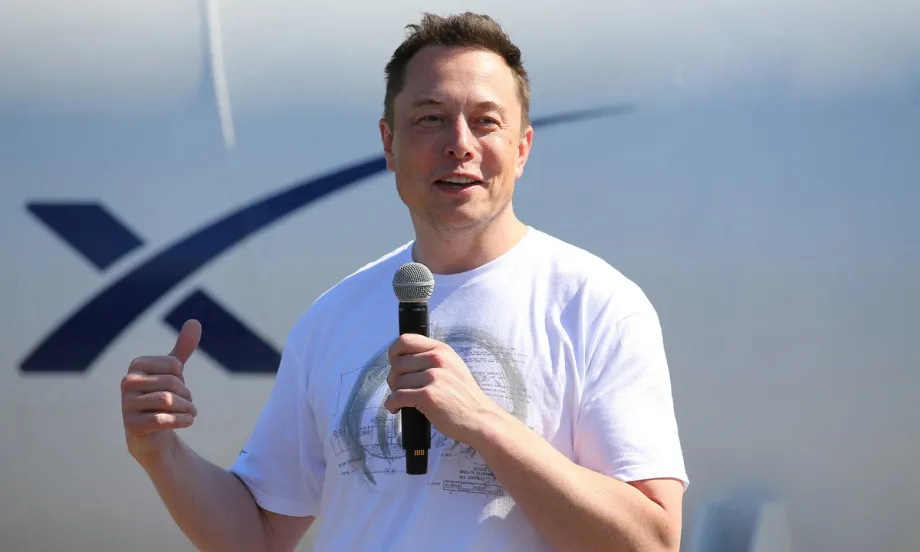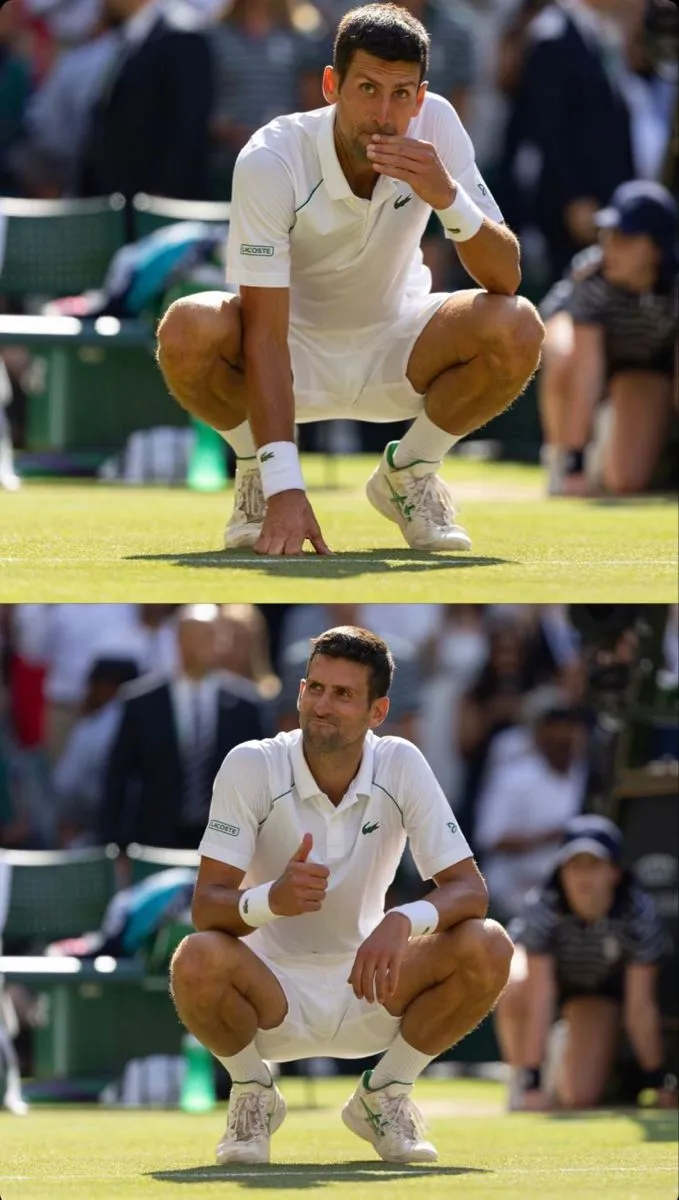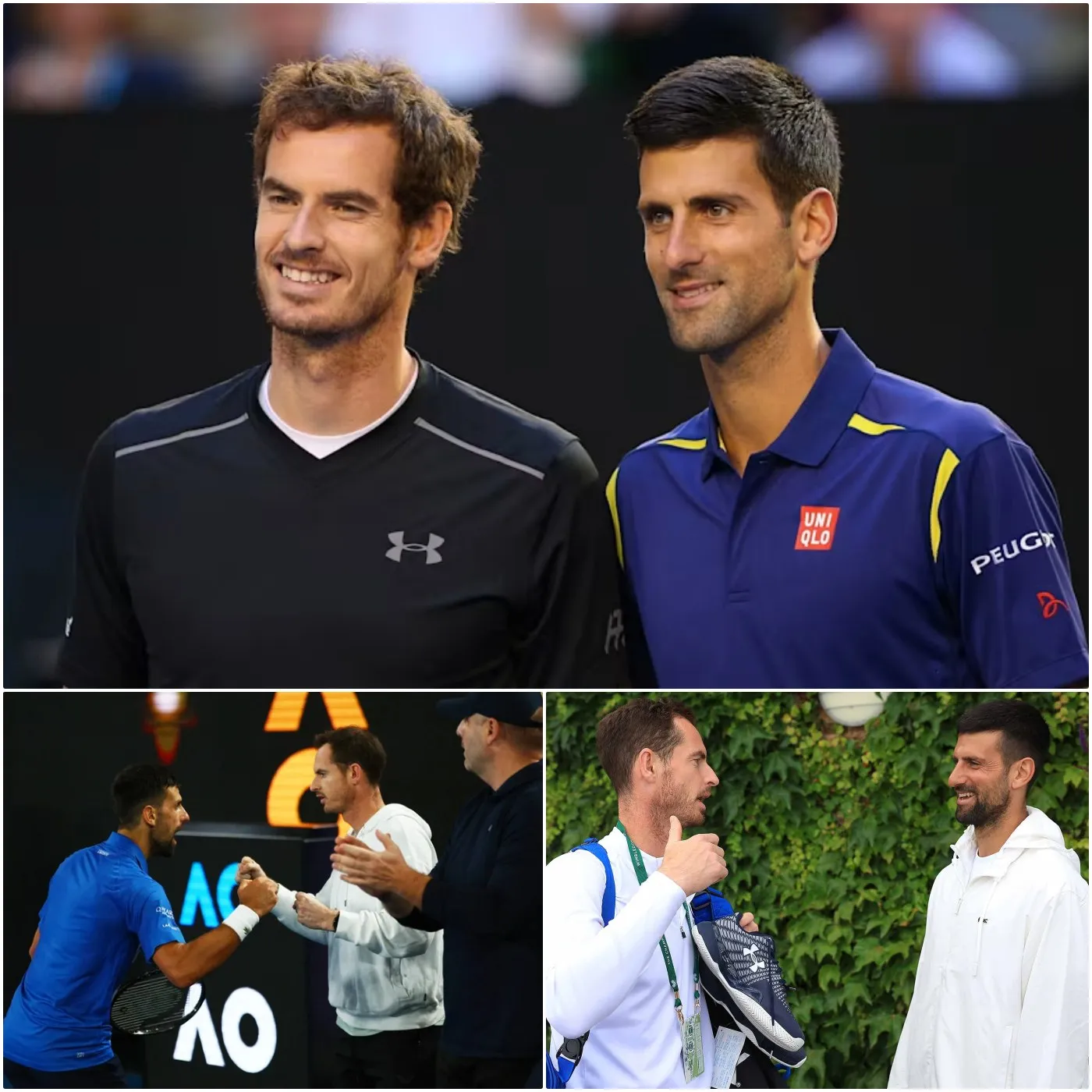Novak Djokovic, one of the biggest names in world tennis, has recently been at the centre of controversy at the 2025 Australian Open. Following his round of 16 win over Jiri Lehecka, the Serbian opted out of the post-match interview, a decision that drew international attention.
The reason for the boycott was comments that Djokovic considered offensive. Tony Jones, a commentator on Australia’s Channel Nine, was heard mocking Serbian fans by inciting them to chant derogatory slogans against Djokovic. This attitude deeply shocked the player, who decided not to give an interview to the channel as a sign of protest.

The move has sparked mixed reactions. Tesla and SpaceX CEO Elon Musk expressed his support for Djokovic, saying on social media: “It’s much better to speak directly to the public than to go through the negative filter of traditional media.” The stance has bolstered support for the Serbian player, highlighting tensions between athletes and some media outlets.

In the face of the controversy, Channel Nine issued a public apology, acknowledging that Jones’ comments were inappropriate and not intended to offend. Jones himself expressed regret, saying he had not intended to disrespect Serbian fans and that his comments had been misinterpreted.

The case highlights the challenges faced by elite athletes in their interactions with the media. It also raises questions about the responsibility of sports commentators and how their comments can influence the image of players and fans.
For Novak Djokovic, this situation illustrates the tensions that can exist between athletes and the media, but also the solidarity that can be shown in the event of perceived injustice. The support of influential figures such as Elon Musk and the rapid response of Channel Nine show the importance of responsibility and mutual respect in the world of sport.
Ultimately, this controversy is a reminder that despite on-field rivalries, respect and dignity must prevail in all interactions, whether between athletes, media or fans. It also highlights the power of social platforms to amplify the voices of athletes and fans, influencing public discourse and the actions of relevant institutions.